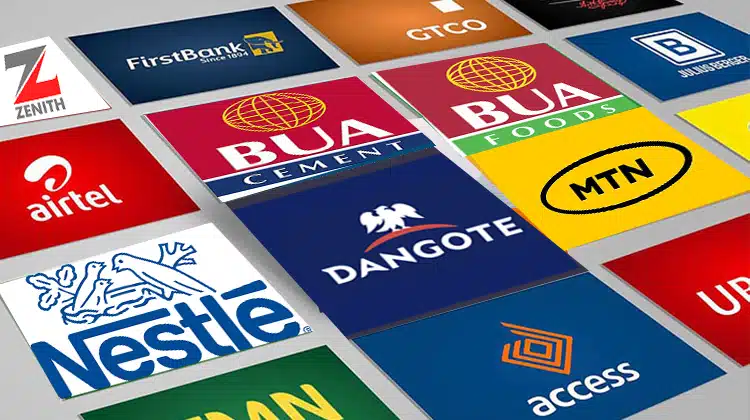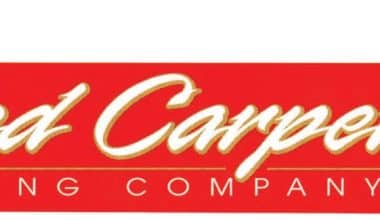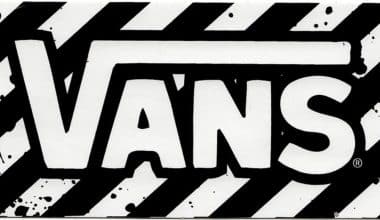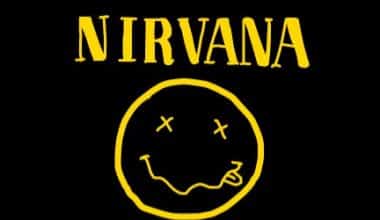In Nigeria’s thriving economy, certain brands have emerged as market leaders and significant drivers of growth, innovation, and sustainability. These companies dominate their respective industries, offering vital services and products to millions. In this post, I’ll walk you through the most valuable brands in Nigeria in 2024, outlining what makes each valuable. Through market share, consumer loyalty, and innovation, these brands have significantly boosted the Nigerian economy while excelling in fields that receive little attention from the mainstream media.
Top 10 Most Valuable Brands in Nigeria by 2024
#1. Dangote Group

- Valuation: Over $10 billion
- Industry: Manufacturing (Cement, Sugar, Flour, Oil Refining, Salt)
Dangote Industries Limited, with a BSM Index score of 89.6, is Nigeria’s largest conglomerate, influencing the economy through a variety of sectors including cement, sugar, flour, and petrochemicals. Aliko Dangote, the richest man in Africa, is the company’s manager, and it recently made news for erecting a 650,000 barrels per day refinery that will hopefully reduce Nigeria’s reliance on imported gasoline. Dangote Cement dominates the African cement industry with an annual production of about 45.6 million metric tons.
Beyond business, the Dangote Foundation, which has a $1.25 billion endowment, continues to push effective social responsibility programs centered on health, education, and economic development. Dangote Group is Nigeria’s Most Valuable Brand in 2024 because of its commitment to both profit and social growth.
#2. MTN Nigeria
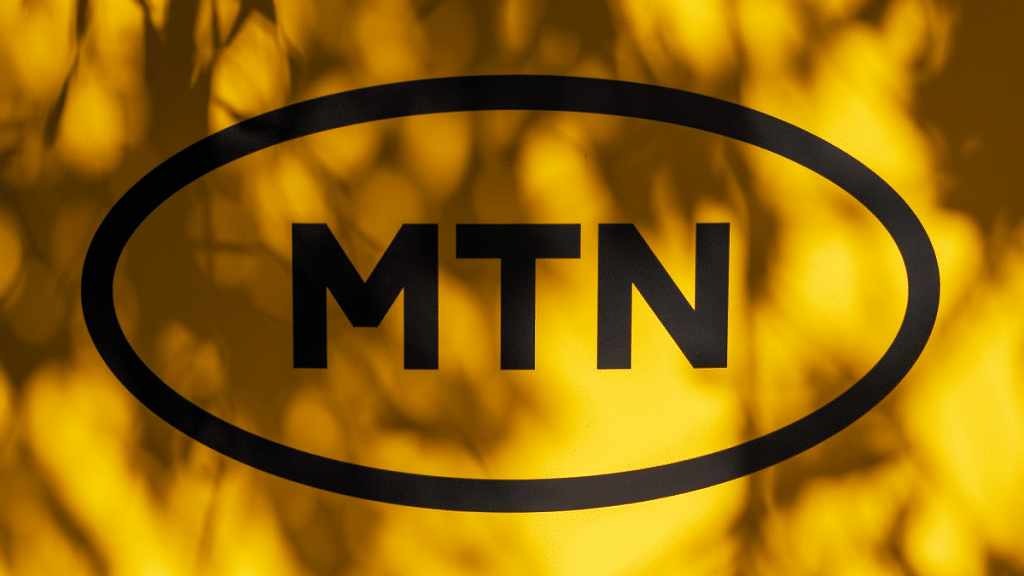
- Valuation: Around $6 billion
- Industry: Telecommunications and Mobile Financial Services
MTN Business Limited, with a BSM Index score of 83.2, is Nigeria’s largest telecom provider and part of a larger South African telecom business that serves more than 289 million subscribers in 18 African and Middle Eastern nations. Under CEO Ralph Mupita’s direction, MTN Nigeria has expanded its offerings beyond phone and data to include fintech, enterprise solutions, and digital services. MTN’s Ambition 2025 plan focuses on boosting digital access, financial inclusion, and 5G technology investments, establishing the company as a leader in Nigeria’s digital revolution. MTN MoMo, its mobile money service, has made financial services available to millions of unbanked Nigerians, increasing the brand’s social effect.
#3. Guaranty Trust Holding Company (GTCO)

- Valuation: Approximately $1.6 billion
- Industry: Banking, Finance, Pensions, and Asset Management
Guaranty Trust Holding Company (GTCO), with a BSM Index score of 80.9, is a dominant participant in Nigeria’s banking market. Formerly known as Guaranty Trust Bank (GTBank), GTCO is noted for its customer-centric approach to digital banking, which provides smooth banking experiences via mobile apps and internet platforms. Under Segun Agbaje’s direction, GTCO expanded into pensions and asset management, diversifying revenue streams and establishing the organization as a financial powerhouse. The bank is well-known for its operational efficiency, client service, and utilization of fintech solutions to reduce costs while increasing profits.
GTCO’s strategy entails harnessing technology to reduce operating costs, resulting in enhanced efficiency and profitability in a typically cost-intensive industry.
#4. Zenith Bank

- Valuation: Around $2.2 billion
- Industry: The banking and financial services industry.
Zenith Bank, with a BSM Index score of 81.7, is one of Nigeria’s largest and most profitable institutions. The bank, which Jim Ovia founded, is well-known for its strong corporate governance, stability, and emphasis on advances in digital banking. Millions of Nigerians now have access to secure and hassle-free banking services thanks to Zenith, under the direction of Ebenezer Onyeagwu, who has made significant advancements in blockchain technology and cybersecurity. Zenith’s strong concentration on fintech collaborations has propelled it to the forefront of Nigeria’s financial technology revolution, making it one of the country’s most trusted and valuable banking companies.
Zenith Bank’s significant investment in cybersecurity and blockchain technology has propelled it ahead of many competitors, protecting clients in an increasingly digital world.
#5. Nestlé Nigeria

- Valuation: $1.3 billion
- Industry: Fast Moving Consumer Goods (FMCG)
Nestlé Nigeria, with a BSM Index score of 79.4, is a subsidiary of Nestlé S.A. (Switzerland) and a market leader in the Fast-Moving Consumer Goods (FMCG) industry. Nestlé, known for renowned brands such as Milo, Maggi, and Nescafé, has modified its goods to match local demands, including the introduction of fortified food items targeted at enhancing nutritional value. Nestlé is also heavily committed to corporate social responsibility, with a focus on increasing access to clean water and reducing hunger in Nigeria. The company’s ongoing innovation in health and wellness products has kept it at the top of Nigeria’s consumer goods sector.
Nestlé’s strategic expansion into health-related items, such as fortified foods and nutritional supplements, is broadening its consumer base in a healthy market.
#6. Airtel Nigeria

- Valuation: $4.5 billion
- Industry: Telecommunications, internet, and mobile financial services.
Airtel Nigeria, with a BSM Index score of 75.5, is Nigeria’s second-largest telecoms company, providing millions with low-cost broadband and phone services. So, Airtel, a subsidiary of Bharti Airtel (India), is dedicated to closing the digital divide in Nigeria, with a concentration on rural areas. Through services such as Airtel Money, the corporation contributes significantly to increasing financial inclusion. Airtel’s investments in fiber-optic infrastructure and 5G technologies have enabled it to provide consistent and fast internet access throughout the country.
Airtel’s massive investment in rural connectivity and fiber optic infrastructure is a major driver of its expansion.
#7. First Bank of Nigeria (FBN)

- Valuation: $1.1 billion
- Industry: Banking and Financial Services.
The oldest bank in Nigeria, First Bank of Nigeria, was formed in 1894 and has a BSM Index score of 77.9. FBN is one of Nigeria’s largest and most reputable banks, providing retail, corporate, investment, and government banking services. First Bank has recently changed its focus to digital services, offering products such as FirstMobile and FirstMonie to millions of Nigerians, making banking more convenient and accessible. The bank’s ability to strike a balance between its past and new fintech advances has helped it remain relevant and important in Nigeria’s financial scene.
First Bank’s ability to combine traditional banking practices with innovative fintech solutions has contributed to its market dominance.
#8. BUA Group
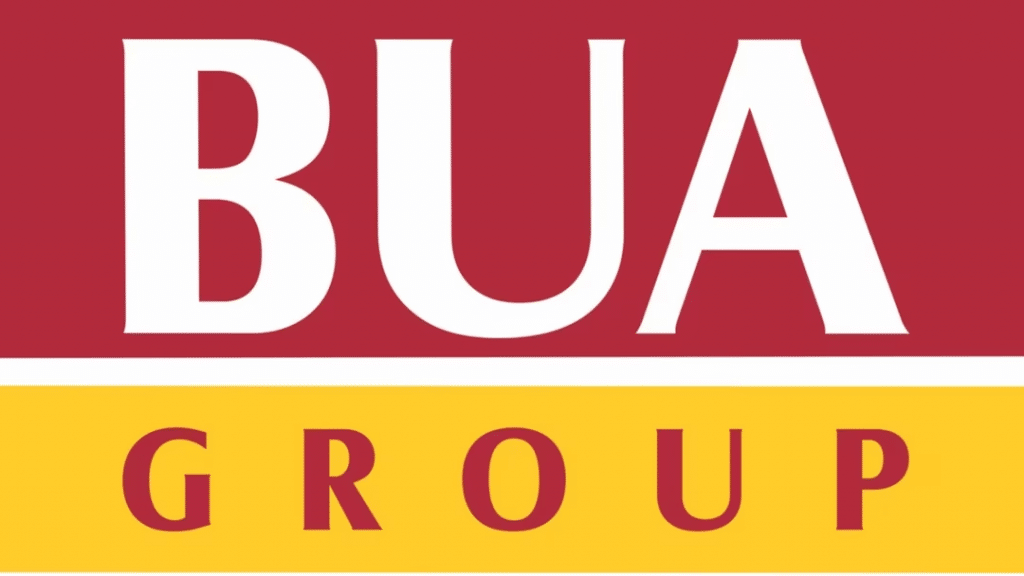
- Valuation: Over $2 billion
- Industry: Manufacturing (Cement, Sugar, Flour, and Oil Refining)
Abdul Samad Rabiu leads BUA Group, which has a BSM Index score of 78.5. It is one of Nigeria’s fastest-growing conglomerates. BUA focuses in cement, sugar, flour, and oil refining, with the BUA Cement sector driving the company’s value. The company is making substantial advances in renewable energy and sustainable manufacturing processes, distinguishing itself from traditional high-carbon industries. BUA’s commitment to environmental sustainability and innovation has made it a significant player in Nigeria’s industrial sector.
BUA’s commitment to environmental sustainability in cement manufacture, combined with its emphasis on renewable energy, has distinguished it in a sector that is otherwise carbon-intensive.
#9. Globacom (Glo)

Valuation: $3.5 billion
Industry: Telecommunications
With a BSM Index of 77.1, Dr. Mike Adenuga Jr. manages Globacom Limited, which provides services to more than 62.2 million customers. Since its inception in 2003, Glo has played an important role in Nigeria’s telecom business, pioneering developments such as the Glo-1 underwater cable, which connects Nigeria to the United Kingdom, considerably increasing internet connectivity. Glo’s fiber-optic network connects more than 140 cities, offering economical and comprehensive data services.
Glo has positioned itself as a significant participant in West Africa’s digital revolution through continued investments in 5G technology, as well as advances in e-health and IoT technologies. Glo’s development into other West African markets demonstrates the company’s commitment to connection and innovation in Africa.
Glo’s low-cost data plans and significant investments in fiber optics have made it a competitive contender, particularly in the country’s neglected rural regions.
#10. UBA (United Bank for Africa)

- Valuation: $1.2 billion
- Industry: Banking, Financial Services, and Digital Payments
The United Bank for Africa (UBA), with a BSM Index score of 78.8, is a pan-African financial organization that operates in more than 20 African countries. UBA, led by Tony Elumelu, has embraced digital banking and fintech to be competitive, providing services like the Leo AI chatbot, which allows clients to access banking services through social media platforms. UBA’s focus on cross-border payments and financial inclusion has propelled it to the forefront of African banking, providing seamless solutions to both consumers and businesses throughout the continent.
UBA’s digital approach has established it as a market leader in financial inclusion, particularly among Africa’s burgeoning middle class.
FAQs about Nigeria’s Most Valuable Brands
What is Nigeria’s most valued brand in 2024?
The Dangote Group, valued at more than $10 billion, remains Nigeria’s most valuable brand. Dangote is a manufacturing and industrial powerhouse in Africa, dominating industries like as cement, sugar, and oil refining. Its cement industry accounts for over 60% of the Nigerian market, and its planned oil refinery is expected to lessen Nigeria’s dependency on fuel imports. Dangote’s vertical integration, cost-efficiency, and extensive activities all contribute to its unrivaled value.
What is the most valued telecom brand in Nigeria?
MTN Nigeria, worth over $6 billion, leads the telecom business with over 74 million members. The company provides phone and data services, but its MTN MoMo mobile money platform has become a major player in financial inclusion, serving millions of unbanked Nigerians. MTN’s 5G deployment and excellent rural penetration make it a key driver of Nigeria’s digital growth.
Why are banks like Zenith and GTCO so valuable?
GTCO and Zenith Bank are highly respected for their digital banking innovations and excellent business practices. GTCO’s mobile banking app and development into pensions and asset management have broadened its revenue streams, while Zenith Bank’s initiatives in blockchain and cybersecurity keep it competitive in Nigeria’s rapidly rising fintech market. Both banks rank first in efficiency and customer satisfaction.
How do sustainability and innovation impact brand value?
Sustainability and innovation are critical to the brand value of businesses such as BUA Group and Nestlé Nigeria. BUA prioritizes environmentally sustainable processes in cement production, whereas Nestlé Nigeria has embraced health-focused product innovation by developing fortified foods that fit local nutritional needs. Both organizations are building their reputations and appealing to socially concerned customers.
What distinguishes MTN among telecom brands?
MTN stands out for its broad coverage, emphasis on mobile finance services, and early implementation of 5G technology. Its MTN MoMo platform facilitates financial transactions for millions of unbanked Nigerians, and its 5G investment will transform areas including as healthcare, education, and entertainment in the country.
Key Takeaways
- Dangote Group is Nigeria’s most valuable brand due to its dominance in numerous sectors and diversification.
- MTN Nigeria remains a leader in the telecom business, innovating in both telephony and mobile financial services.
- GTCO and Zenith Bank are pioneering digital banking solutions and fintech investments, positioning them among the most dependable financial services firms.
- Airtel and Glo are intense competitors in the telecommunications industry, with Airtel focused on rural inclusion and Glo on low-cost data services.
- The BUA Group and Nestlé Nigeria are leveraging sustainability and innovation to increase their influence in manufacturing and consumer goods.
Conclusion
As these leading brands continue to innovate and adapt to the difficulties of a rapidly changing environment, their value will only rise. These enterprises, whether through technology, sustainability, or customer-centric services, are influencing Nigeria’s economic future. The question is, which of these brands will push the envelope further in 2024 and beyond?
- 8+ Best Loan Apps in Nigeria
- How Nigeria’s Billionaire, Aliko Dangote, Became Rich
- Top 10 Universities In Nigeria That Are Redefining Excellence In 2024
- Top 10 Richest Men In Nigeria In 2024 And Their Networth
- Largest Shipping Companies In Nigeria In 2024
